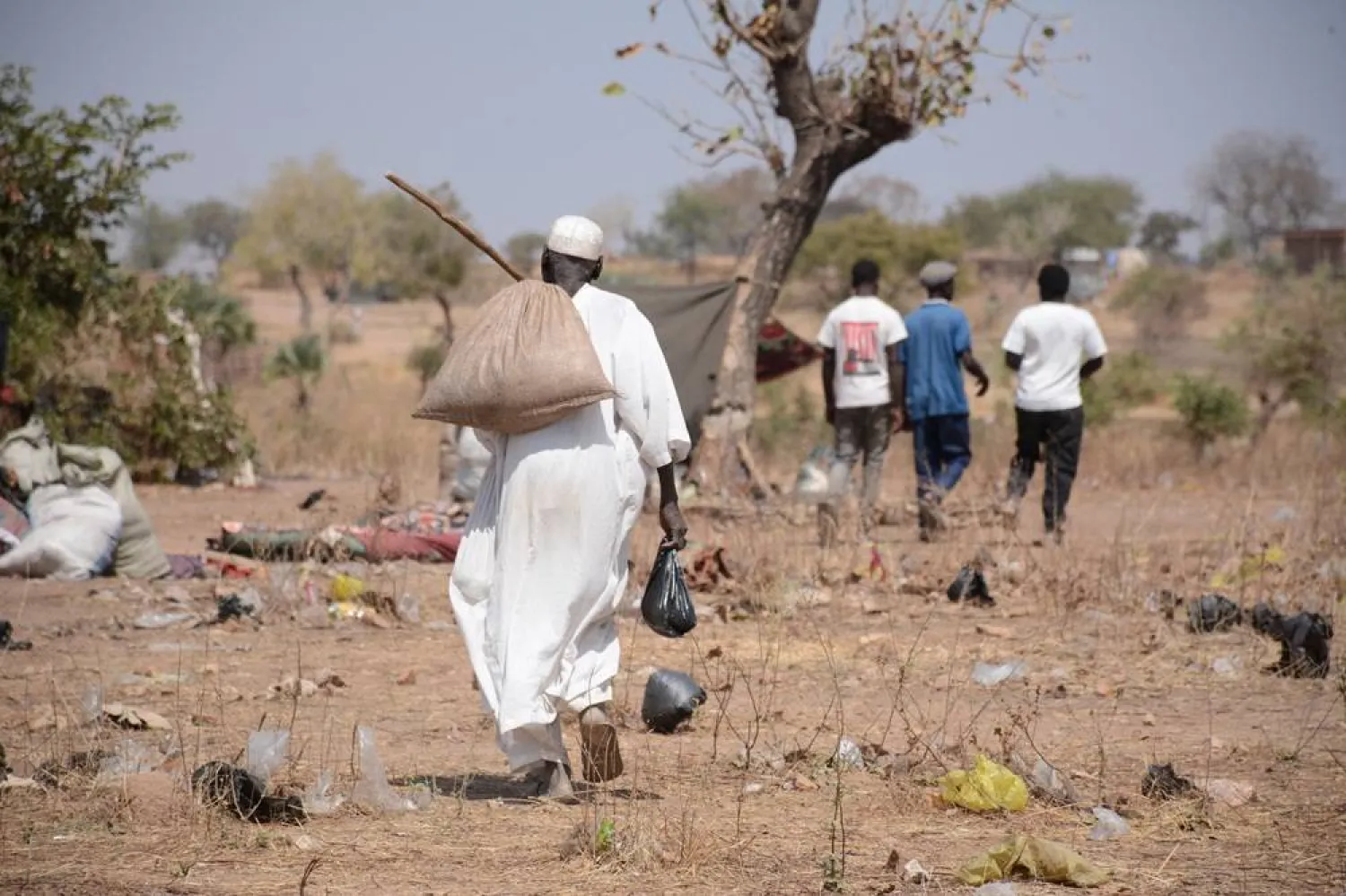Riyadh hosts on Thursday the inaugural Saudi-Caribbean Summit, a landmark event aimed at fortifying partnerships and opening new avenues for collaboration between the Kingdom and the region.
The Summit tackles cooperation in economics, investment, trade, tourism, and more.
Heads of state, presidents and senior officials of CARICOM (Caribbean Community and Common Market) countries started arriving on Wednesday in Riyadh to attend the Summit, which will be co-chaired by Saudi Crown Prince and Prime Minister Mohammed bin Salman and Prime Minister of Dominica and Chairman of CARICOM Roosevelt Skerrit.
The leaders, who left Barbados for Riyadh, include Prime Minister Roosevelt Skerrit of Dominica, President Irfaan Ali of Guyana, President Chan Santokhi of Suriname and Prime Minister Keith Rowley of Trinidad.
The Summit comes two months after the approval of the Joint Action Plan between the Gulf Cooperation Council (GCC) and CARICOM for the period 2023-2027.
This plan was endorsed during a joint meeting of foreign ministers on Sep. 18 in New York.
It delineates the primary objectives and mechanisms for political dialogue, trade facilitation, investment promotion, and tourism cooperation. The summit is poised to enhance trade and investment flows between the two regions.
While the trade volume between GCC nations and the Caribbean stood at approximately $6.5 billion in 2021, the plan provides a framework to amplify trade and investment through dialogues between officials from both sides.
It emphasizes engagement with business leaders, regional, and international organizations to meet investment needs and business opportunities through partnerships across public and private sectors, including transportation and logistical services.
Prince Faisal bin Farhan, the Saudi Foreign Minister, affirmed the Kingdom’s commitment to strengthening friendship and cooperation with its counterparts during his participation in a ministerial meeting of CARICOM in Guatemala last May.
He highlighted the crucial role of the group in enhancing regional cooperation and fostering collective efforts on shared interests such as trade, climate change, sustainable development, and more.









